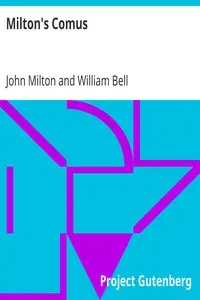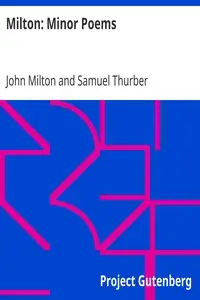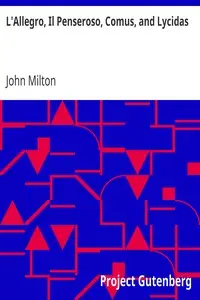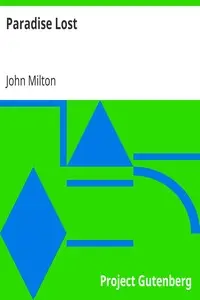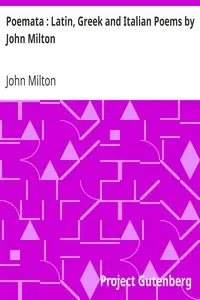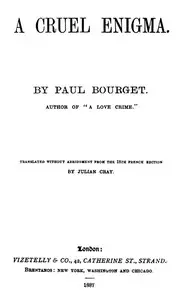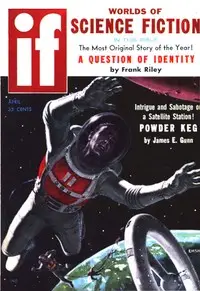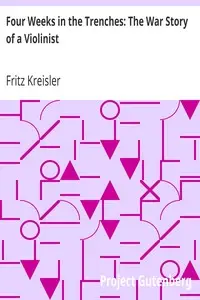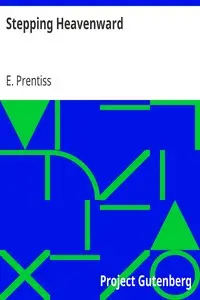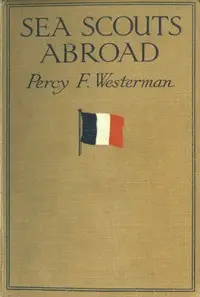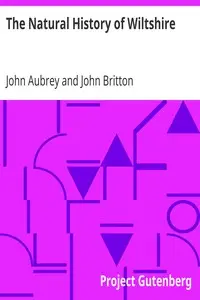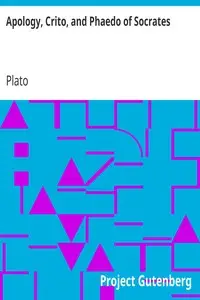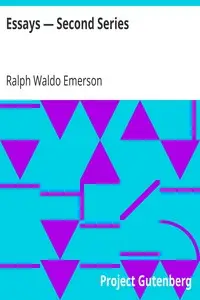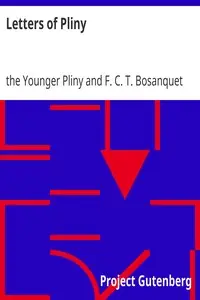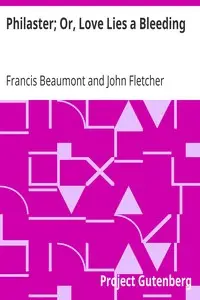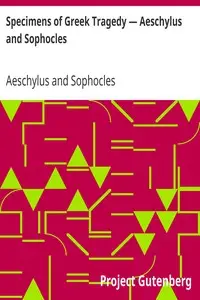"Areopagitica" by John Milton is a historical treatise advocating for the freedom of unlicensed printing, written during the 17th century at a time of significant political and religious upheaval in England. The work presents a passionate argument against censorship, emphasizing the importance of free expression and the vital role that literature and debate play in the pursuit of truth and enlightenment. The opening of "Areopagitica" sets the stage for Milton's plea to the Parliament of England, where he expresses his belief that true liberty lies in the ability of individuals to freely communicate their thoughts and ideas. He reflects on the value of unlicensed printing and warns against the dangers of censorship, asserting that suppressing ideas only stifles innovation and discourages intellectual growth. Milton draws on historical examples from ancient Greece and Rome to illustrate the destructive effects of licensing and censorship while calling upon the Parliament to promote a culture of open discourse and inquiry. (This is an automatically generated summary.)
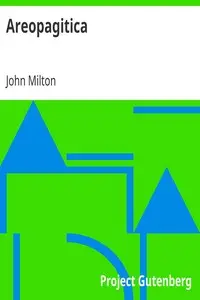
Areopagitica A Speech for the Liberty of Unlicensed Printing to the Parliament of England
By John Milton
"Areopagitica" by John Milton is a historical treatise advocating for the freedom of unlicensed printing, written during the 17th century at a time of...
John Milton was an English poet, polemicist, and civil servant. His 1667 epic poem Paradise Lost, written in blank verse and including twelve books, was written in a time of immense religious flux and political upheaval. It addressed the fall of man, including the temptation of Adam and Eve by the fallen angel Satan and God's expulsion of them from the Garden of Eden. Paradise Lost elevated Milton's reputation as one of history's greatest poets. He also served as a civil servant for the Commonwealth of England under its Council of State and later under Oliver Cromwell.


